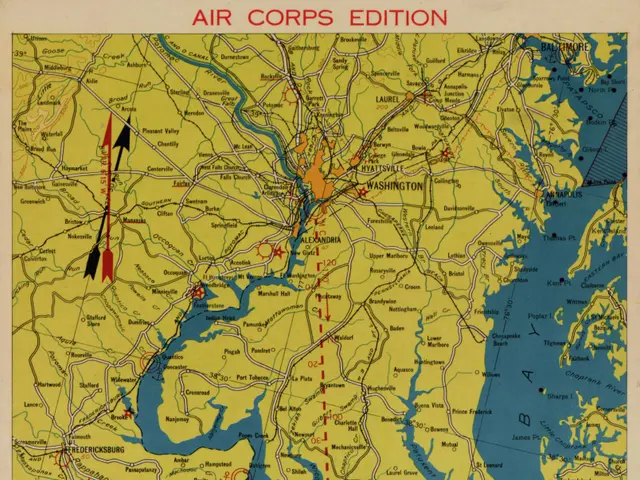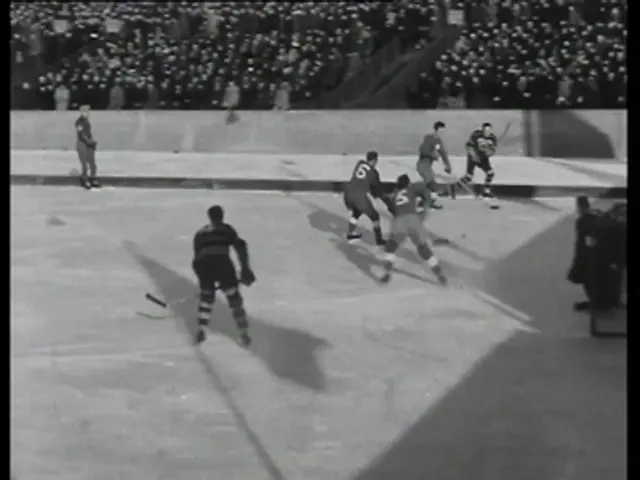The Root of Country Music's Enduring Affection for Pickup Trucks Unraveled
Country music and pickup trucks have shared a strong bond for decades, symbolizing the spirit of mobility, self-made success, and a connection to the land. This connection, rooted in the insider/outsider concept within ethnomusicology, has evolved over time to become an integral part of the genre.
The cowboy, a symbol of freedom and independence, was present from the beginning of country music, not only in songs but in the way musicians and their audience dressed. As American culture began to "southernize" in the early 90s, the image of the pickup truck became increasingly prevalent in country music.
Toby Keith, a popular country artist, was one of many who embraced the trucking lifestyle. Signed on with Ford, he sang in commercials and used Ford trucks in his music videos. Before Keith, country musicians like Dave Dudley and Red Sovine were singing about semi-trucks in the 1960s.
The nostalgia for simple, agrarian living is a common theme in country music. Whether the connection to such a lifestyle was real or perceived, the longing for a rural past and the central role of trucks in daily agricultural work have been frequently addressed in songs like "Truckin'" by Granger Smith and "Amarillo Sky" by Jason Aldean.
The imagery of trucks in country music developed as personal transportation became more attainable for rural folks. By the 1980s, the word "truck" began to regularly refer to personal ownership of a pickup truck. This symbol of self-made, self-governed, and self-motivated individuals was co-opted as a modern cowboy-style trope, romanticized by both musicians and audiences.
The shared experience of moving provided endless fodder for songwriting in the 1940s and 1950s, as country musicians and their listeners trod the wagon trails in their own way. This sense of movement is evident in songs like "Ain't Goin' Down ('til the Sun Comes Up)" by Garth Brooks, which uses the image of a pickup truck to evoke a sense of identity and connection with the audience.
Mentions of pickup trucks in country music serve as a shorthand for evoking a sense of southern masculinity and independence. However, it's essential to remember that country music has roots outside of the white working class, with the pedal steel guitar originating in traditional Hawaiian songs.
Country music can be seen as the soundtrack of all Americans who have ever been on the move, whether physically or metaphorically. It's a genre that celebrates themes of hard work, self-reliance, and a deep respect for working-class life and a rural past.
From the cowboy to the pickup truck, the symbols in country music have evolved to reflect the changing times while maintaining their core values. Whether it's the romance of the open road or the grit of rural life, country music continues to resonate with audiences who find themselves akin to their cultural heroes.








